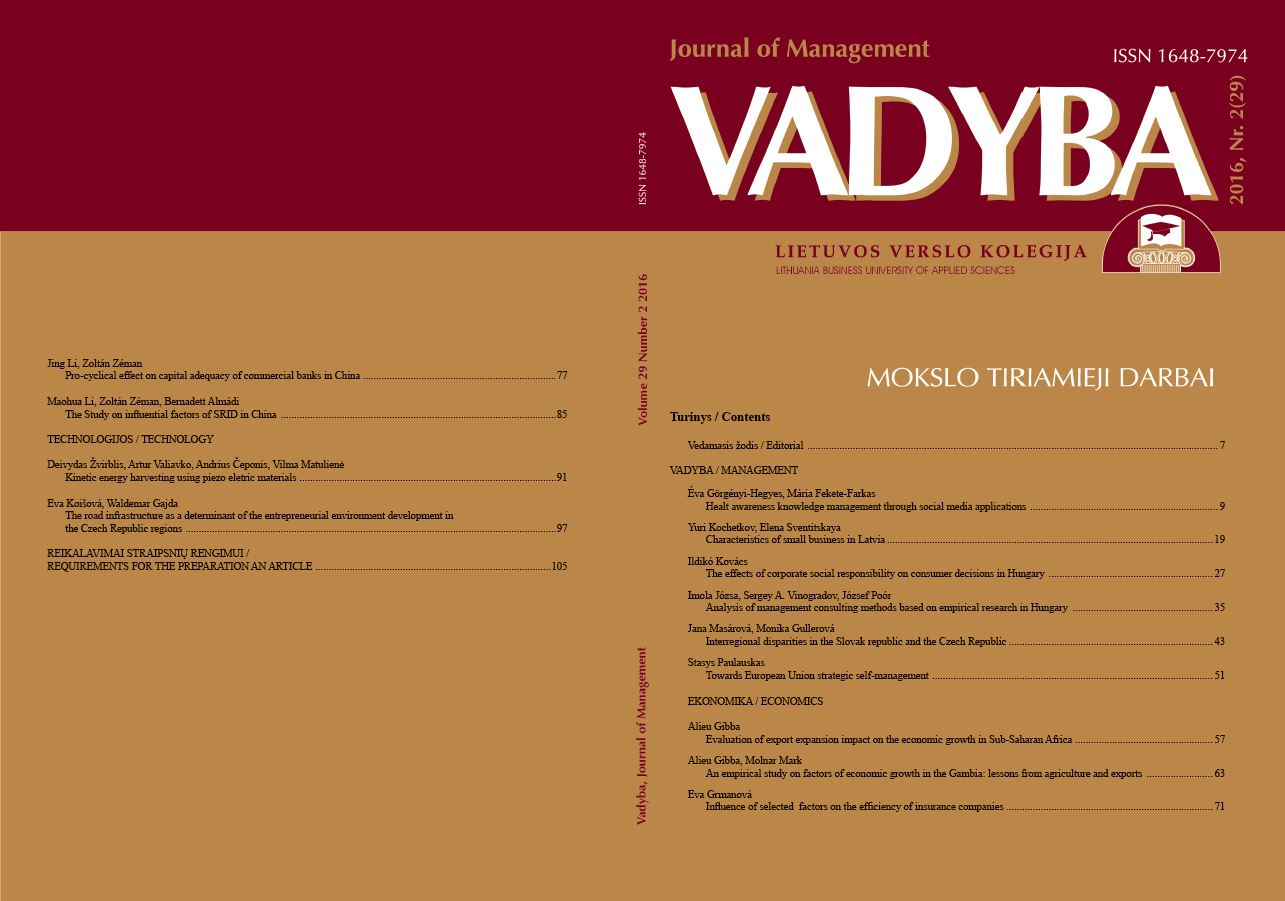AN EMPIRICAL STUDY ON FACTORS OF ECONOMIC GROWTH IN THE GAMBIA: LESSONS FROM AGRICULTURE AND EXPORTS
AN EMPIRICAL STUDY ON FACTORS OF ECONOMIC GROWTH IN THE GAMBIA: LESSONS FROM AGRICULTURE AND EXPORTS
Author(s): Alieu Gibba, Mark MolnarSubject(s): Social Sciences, Economy, Education, National Economy, Agriculture, Economic development, Socio-Economic Research
Published by: Lietuvos verslo kolegija
Keywords: agriculture; economic growth; education; export expansion; The Gambia;
Summary/Abstract: Since the 1990s, The Gambia government has been committed to sustainable human development and improved living standards of the people of the country. During this period, the Government has established a number of strategies to achieve these objectives, including: Vision 2020, Millennium Development Goals, Poverty Reduction Strategies, and very recently, a Program for Accelerated Growth and Employment (PAGE); The Gambia’s development strategy and investment program for 2012 to 2015.This article examines the sources of rapid economic growth using The Gambia as a case study. It adopts the application of Augmented Dickey-Fuller (ADF) and Granger causality tests to determine the positive effects of export expansion, agricultural development, government spending on education, and foreign direct investment (FDI), using the Vector Autoregression (VAR) model. The empirical results indicate that the examined [independent] variables can positively determine Gambia’s economic progress at a rate of 72.09%.
Journal: VADYBA
- Issue Year: 29/2016
- Issue No: 2
- Page Range: 63-69
- Page Count: 7
- Language: English

